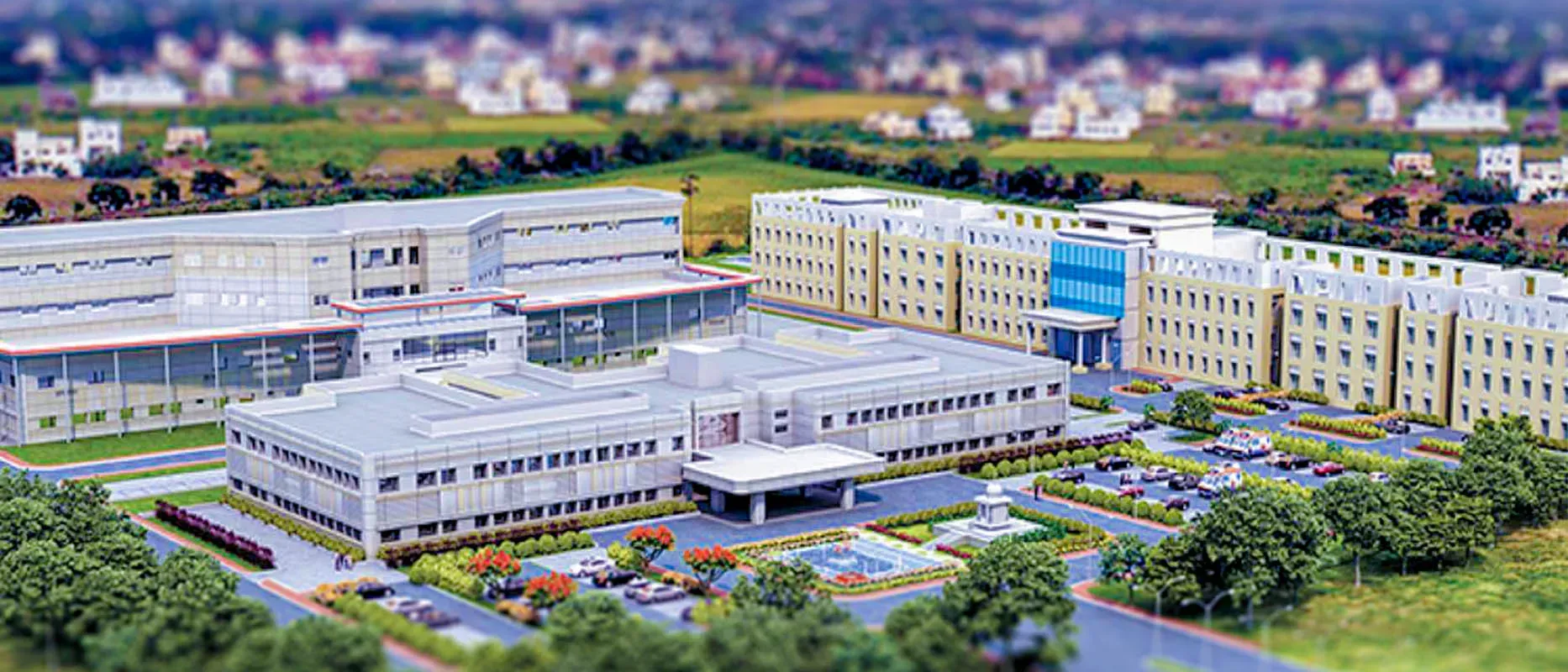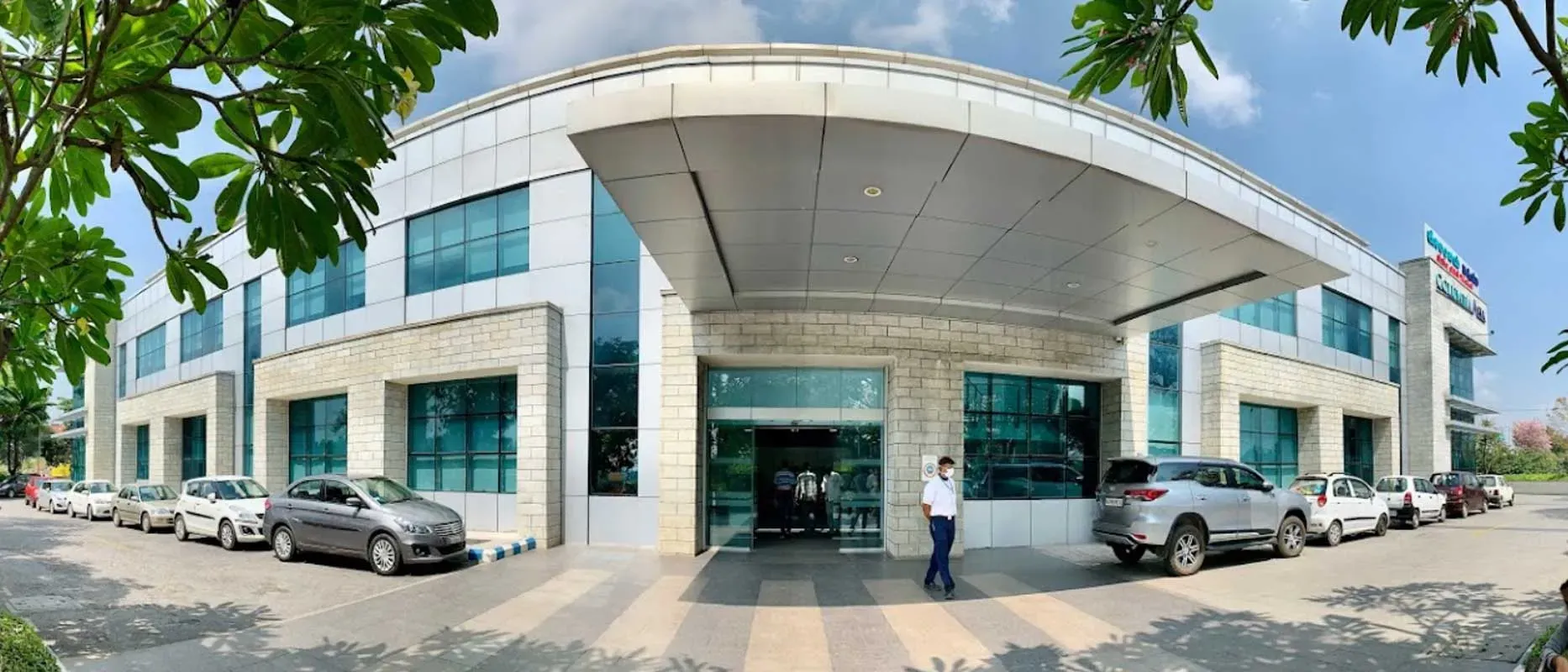Overview of Skin Cancer Treatment India
Skin cancer develops when the cells of skin grow without any control. The skin cells that grow in this way become abnormal skin cells. The main cause of skin cancer is the exposure to harmful ultraviolet (UV) radiations of sun. But skin cancer can also occur in skin areas which are not often exposed to sunlight or UV rays. The areas that are mostly exposed to sunlight such as face, scalp, neck, ears, arms, legs and lips are at more risk of developing skin cancer. There are many types of skin cancer and the treatment of skin cancer is very successful if it is detected in the early stage of disease. Skin cancer can develop in any individual irrespective of the skin tone. The symptoms can be different for each type of skin cancer. The main cause of skin cancer can be the changes in the DNA or due to the toxic substance present in the body. It can also happen in individuals who have weak immune systems. Treatment of skin cancer usually depends on the condition of the patient and the type of skin cancer. Sometimes a combination of treatment is used to treat skin cancer which grows aggressively.
Types of Skin Cancer Treatment India
Some of the types of treatment for skin cancer may include:
- Chemotherapy
- Radiation therapy
- Immunotherapy
- Target drug therapy
- Surgery
- Photodynamic therapy
Radiation Therapy
In Radiation therapy, high-energy radiation like X-rays are used to target and destroy cancer cells. It can be used in combination with surgical treatment. Radiation therapy may involve multiple sessions.
Chemotherapy
Chemotherapy medications are the drugs that kill cancer cells. Chemotherapy medications stop the growth of cancer cells and destroy them. Chemotherapy is used in the last stages of cancer.
Immunotherapy
Immunotherapy medicines are used to increase the immunity of patients. It helps the immune system of the body to fight cancer. It can be effective for some types of skin cancer.
Targeted Drug Therapy
Targeted therapy drugs target and kill specific proteins involved in the growth of cancer cells. It is a very effective treatment and it reduces the chances of damage to healthy cells.
Surgery
Surgery is a primary treatment for skin cancer. In surgery, the cancerous tissues were removed surgically. There are many types of surgeries which are used according to the type of skin cancer and the situation of a patient.
Photodynamic Therapy
Photodynamic therapy involves a combination of drugs and light. A light activated drug is applied to the skin which is then exposed to light. This treatment is mainly used for specific types of skin cancers.
Diagnosis of Skin Cancer Treatment India
Some of the methods to diagnose the skin cancer may include:
Clinical Examination
Initially, a dermatologist or healthcare provider thoroughly examines the skin of a patient. The doctor looks for the symptoms of skin cancer and also checks the size, shape and texture of moles present in the skin due to cancer. The symptoms can help the doctor to diagnose the disease.
Dermatoscopy
Dermatoscopy is a special kind of device with a light source which helps the doctor to closely examine the problems of skin. This technique provides a more detailed view of the surface of the skin. It can easily describe the irregularity in the skin which helps the doctor to diagnose the disease.
Biopsy
Biopsy test is performed to confirm the presence of cancer cells in the abnormal tissues of skin. In this test, a sample of tissue is tested under laboratory conditions and confirms the presence of cancer cells. It can also provide information about the nature of cancer cells. There are many types of biopsies:
Punch Biopsy: A small hole in the skin is made by using a tool to take a tissue sample.
Shave Biopsy: The upper layers of the involved area are shaved off to be examined.
Excisional Biopsy: The entire area with lesion is removed for detailed analysis.
Imaging Tests
In some cases, when cancer spreads and is present in the last stages, some additional imaging tests like CT scans, MRI scans are used to check the extent of cancer cells.
Cost of Skin Cancer Treatment in India
The cost of skin cancer treatment in India ranges from 1800 USD to 3500 USD. The cost can vary according to the complexity of each patient and the type of skin cancer. The cost can also vary according to the facilities of the hospital.
| Treatment Costs in India |
Min in USD |
Max in USD |
| Skin Cancer |
2664 USD |
3552 USD |
| Skin Cancer - Melanoma |
1864 USD |
2486 USD |
Symptoms and Risk factors
Some of the types of symptoms of skin cancer are as follow:
- Moles Changing
- Irregular Borders
- Color Changes
- Ulceration
- Redness or Swelling
- Itching or Pain
- Bleeding or Crusting
- Persistent Sore or Wound
- New Growth or Bump
- Scaling or Scabbing
- Tenderness or Sensitivity
- Spread of Pigment Beyond the Border
Risk Factors of Skin Cancer
Some of the risk factors associated with Skin Cancer are described below:
Sun Exposure
Long term exposure to ultraviolet (UV) radiation from the sun can increase the risk of skin cancer. The risk increases when the skin is exposed directly without any protection.
Tanning Beds
Use of tanning beds or lamps are the source of UV radiation. These devices can also increase the risk of skin cancer.
Fair Skin
People with fair skin are at greater risk of developing skin cancer due to the lower production of protected layers of chemicals on skin.
Moles
People who have a large number of moles or atypical moles can increase the risk of skin cancer.
Family History
The positive family history of skin cancer can be the major risk factor. People who have a close family member with skin cancer should take all the precautions to lower the risk.
Weakened Immune System
Conditions or treatments that weaken the immune system of a person can also increase the risk of cancer.
Age
Skin cancer is more common in older people so the risk of skin cancer increases with age.
Gender
Men are more likely to develop skin cancer than women because it is more common in male population.
Occupational Exposure
Some types of occupations that involve exposure to chemicals or radiation can increase the risk of skin cancer.
Geographic Location
People who live in areas with more sunlight or high altitudes can increase the exposure of ultraviolet radiation which is the major risk of skin cancer.
Severe Sunburns
A history of severe sunburns in childhood can also increase the risk of skin cancer in old age.
Top Hospitals for Skin Cancer in India
Shaping the future of the healthcare institution and establishing the path to accomplishment.
Top Doctors for Skin Cancer in India
Empower your Health with the Expertise of Leading Medical Professionals.
Treatment Costs for Skin Cancer
Be the change and be an opportunist in transforming healthcare.
How it's Works
Guiding your Journey from Discovery to Treatment Planning and Beyond.
Discovery
Get a consultation to discover about your treatment
Pre-Treatment
Admission to the best hospital and all pre-treatment facilities
Post Treatment
Get post-treatment follow-up care with medicine fulfillment
Treatment Planning
Hassle-free treatment planning with package & cost estimations
in-treatment
world-class quality procedures and equipment for treatment























